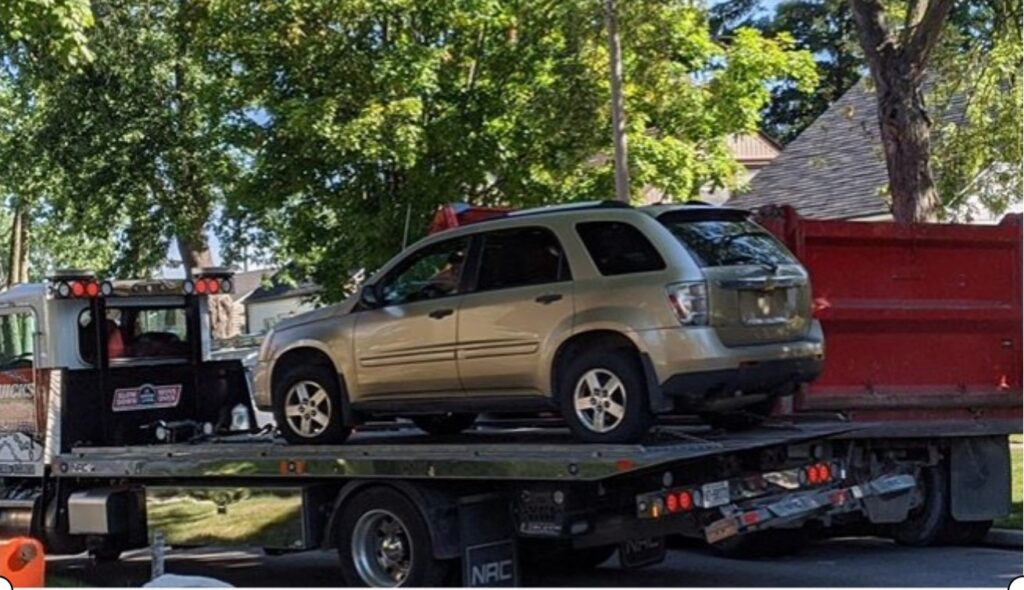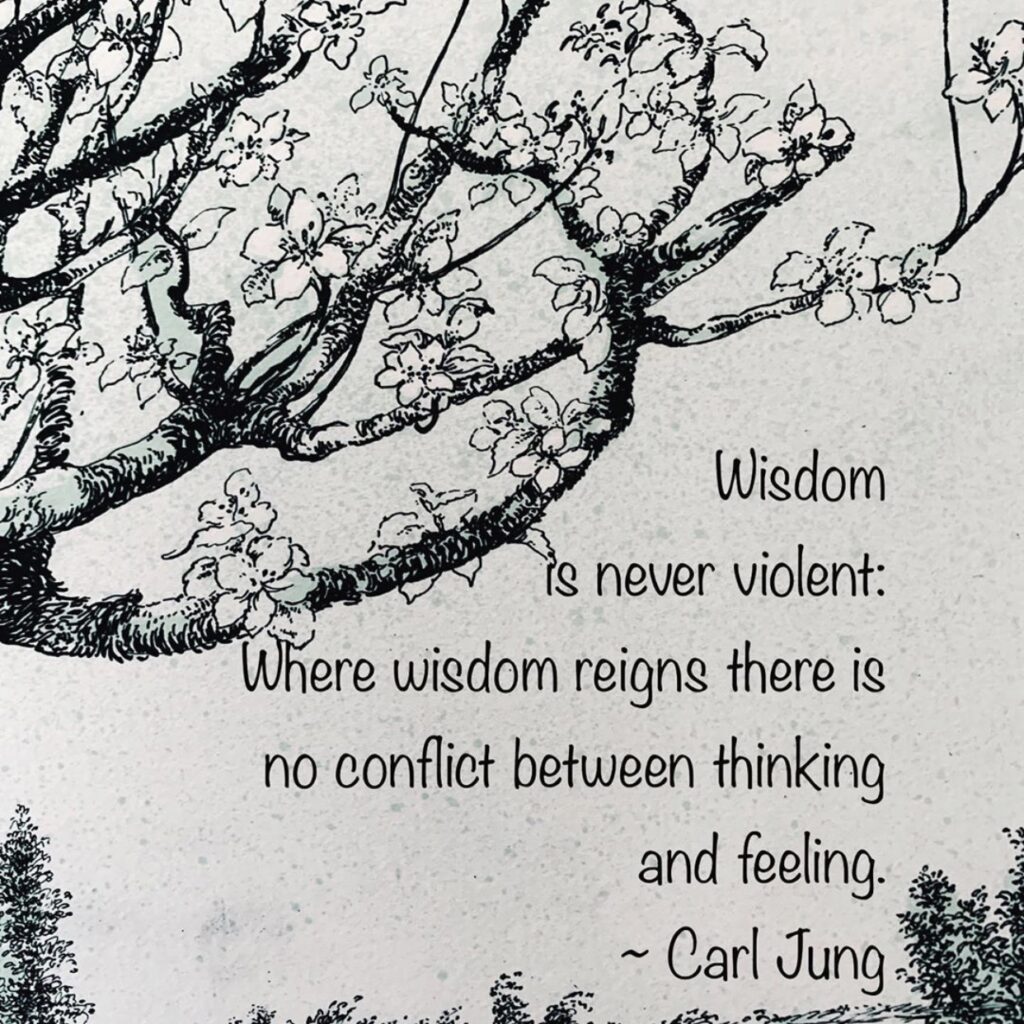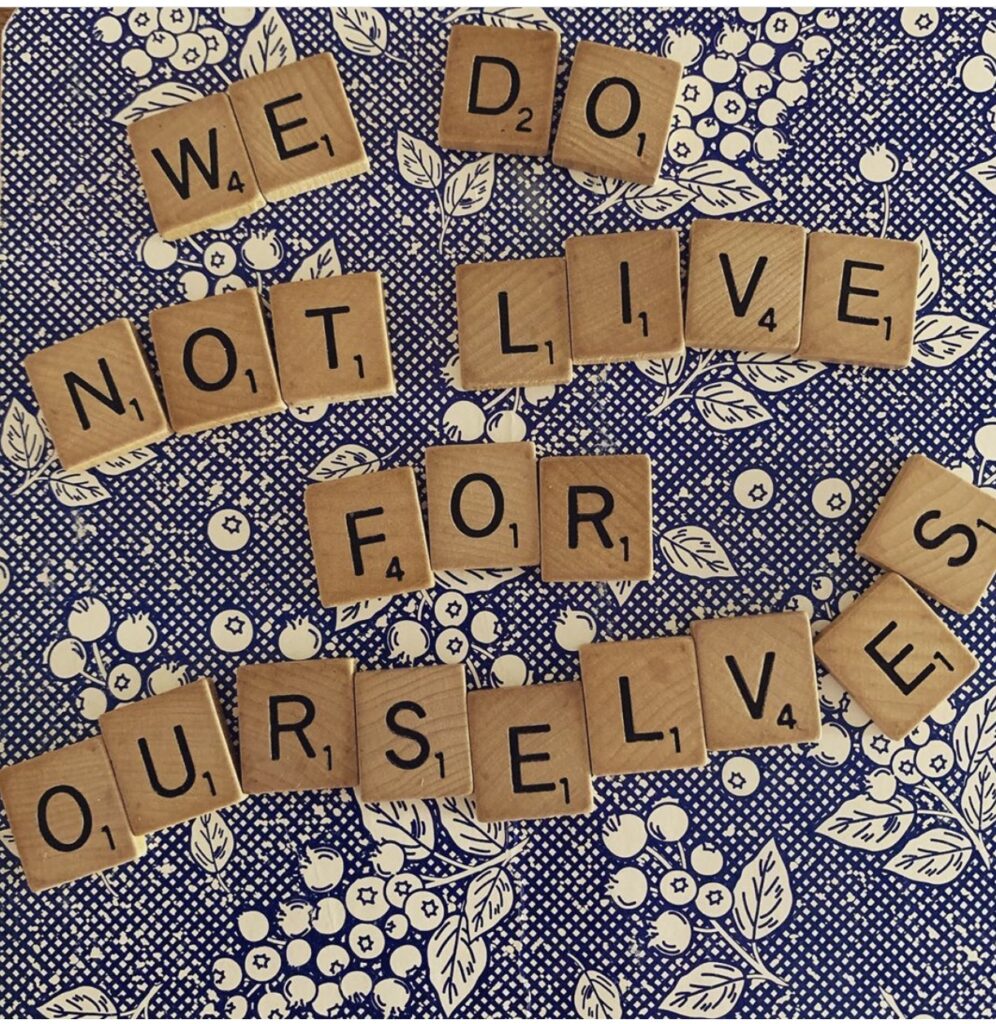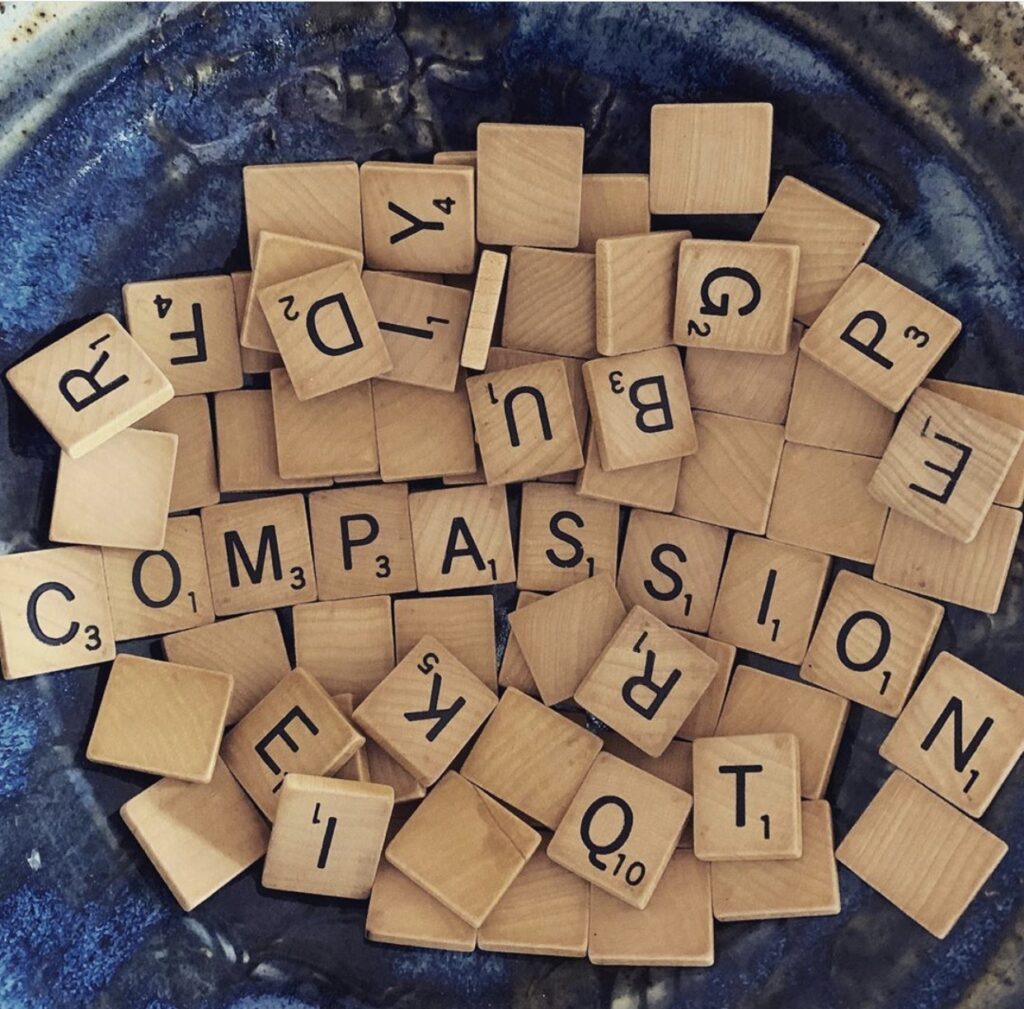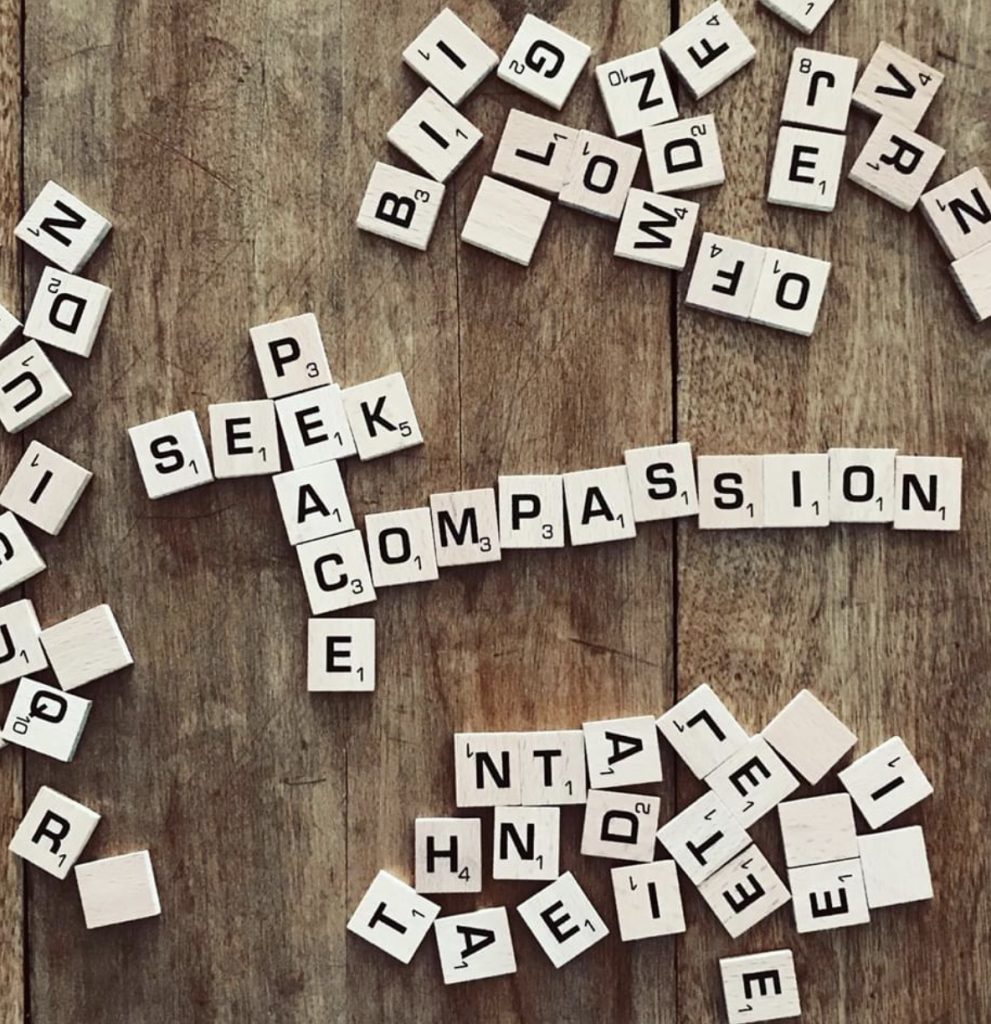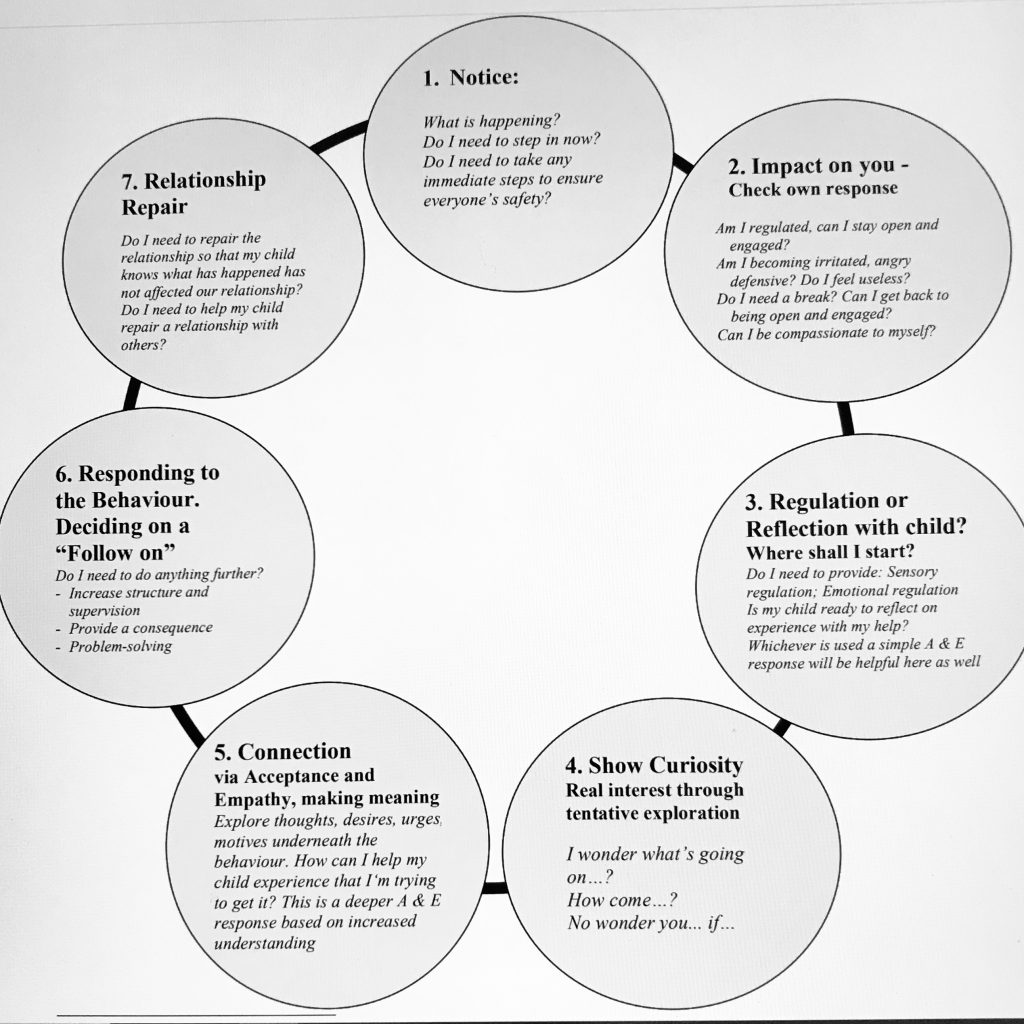Good customer service is the go-to for Canadian business.
How does that land with you? 'Too strong a statement? Maybe you have a bit of a love-hate relationship with the service industry. Or, if you're a lucky gal like me, you encounter good to exceptional service everywhere you go.
Chilling on the 'phone
We are in unprecedented times (I believe that's the new buzz word? And an apt one it is!). Every service we attempt to access is embroiled in a new business normal. If you're deemed essential, you're working like a drone. 'Probably for less pay. Furthermore, you're punching in hours and rolling out results just as quickly as you can type, haul, drive, teach, ring-up, or cheerily choke out one more, "Good afternoon! How may I help you today?"
Like you, I've spent more time on hold in the past few weeks than I'd spent in the past several years combined. So many hours spent (musac pulsing in my offended ears) waiting for my essential server to assist. And assist they have. Every time. Knowledgeably, kindly, and efficiently...if a bit wearily.
In most recent days, I've had the chance to be the one offering a service on that same phone. I'm the one you've grown to dread: the telemarketer! Well, not exactly. I'm not selling anything at all. But I have been cold-calling area mechanics to let them know we're here to help. We can haul junkers from their properties quick-as-quick, and for free. Regardless of what's on offer, cold-calling is not always equated with good customer service!
Above the crowd
In reaching out to hundreds of Calgary businesses I've noticed some stand-out responses. Good customer service begins with that first "Hello! *insert company name here*, Bill speaking..." A gal can tell right off the hop if she's encountered a professional. I hear the layers of busy, work-weary, bored, and disinterested. Moreover, I know if you're placating me, or if you care about me as a caller.
A hang-up, "Click!" is rarely the answer to my offer of free tow support on behalf of our 900+ Canadian charities. "I don't have time for this!" is an occasional, frazzled response. But most often, in this deliciously polite country of ours, those busy mechanics hear me out. They ask questions. They express interest in receiving information for their customers (because what we provide their business will only help the people they serve every day).
In Calgary, two companies stand out as offering extraordinary care over the phone. These shops are clearly busy, but their calls are answered with patience, curiosity, and genuine interest. Who are these staff-who-made-my-job-a-joy? Auto Pro (you name the location, they're wonderful!), and OK Tire. OK Tire, particularly, made a mundane task feel like a purposeful and important gig.
While we can't speak to their car repair services, I know with certainty that they have good customer service on offer at the switchboard. That's no small thing in strangely tired and stressed-out times.
Your free tow
'Interested in taking advantage of our free tow support for yourself? Check us out...


